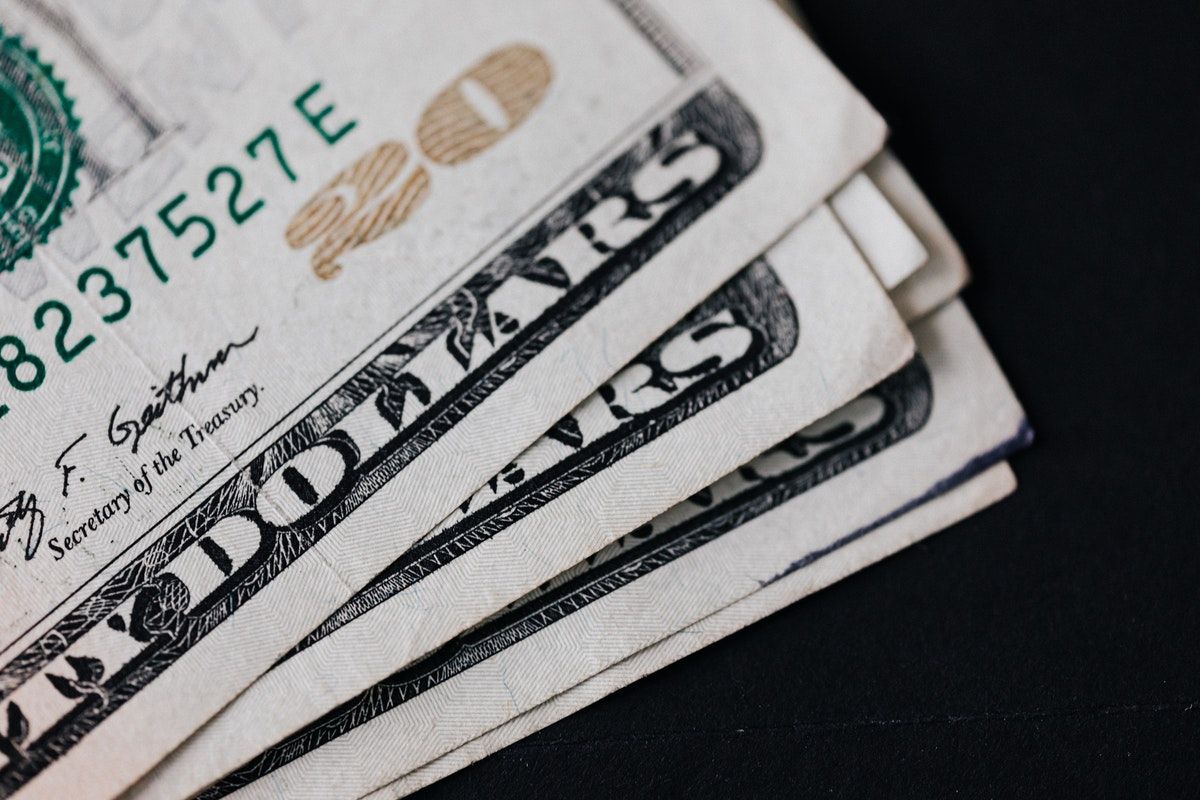Does More Money Equal More Happiness?

It’s Not About the Material Goods, but Rather Financial Stability
Does more money equal more happiness? Well, you’ve probably heard the age-old adage, “Money can’t buy happiness,” but how true is that statement, really? When we think about it, we tend to focus on the luxuries that money can buy, like lavish vacations or expensive cars. However, an influx of cash provides something else that’s often overlooked – financial stability. When it comes to day-to-day happiness and peace of mind, financial stability goes a long way in decreasing our overall stress and freeing us from common worries.
What the Research Shows
Researchers have been studying the relationship between money and life satisfaction for a while, and it’s becoming clear that there are really two questions we need to answer:
- Does more money improve life satisfaction?
- Does more money produce improved emotional well-being (i.e. happiness)?
In one well-publicized study in 2010, researchers found that people with more money feel better about their lives, answering the first question. However, that study also found that emotional well-being only rises with income up to a salary of $75,000 (equivalent to about $90,000 today). So, that second question is a little harder to answer.
Money may not be able to directly buy long-lasting happiness through material items. However, it can provide calm and a sense of control over an often-unpredictable life – and this is valuable in terms of both life satisfaction and happiness. Whether you’re dealing with small nuisances like being able to pay off a parking ticket as soon as you get it, or something bigger like an unexpected hospital bill, having financial reserves to depend on can make all the difference.
So, if money can’t buy happiness exactly, what can it buy? It may be better to think about the sorts of stressors and worries that money can free us from, rather than focusing specifically on the happiness that it can bring. Harvard Business School professor, Jon Jachimowicz, set out to answer this question by conducting a series of experiments that aimed to test the relationship between cash and happiness. His findings showed two interesting things:
1. Money Does Buy Less Stress
In one study done, Jachimowicz had 522 participants keep a diary for 30 days where they were told to track the events of their day along with their emotional responses to them. The annual income levels for participants ranged from less than $10,000 up to more than $150,000. At the end of the 30 days, Jachimowicz was able to determine that, though there was no significant difference in how often participants experienced destressing events, those with higher incomes experienced less negative intensity when dealing with said events.

2. More Money Buys More Control
Jachimowicz’s research also showed that those with a higher income reported feeling more in control over the negative events that came up throughout their lives, and that sense of control significantly reduced their stress. Those with more money to depend on felt that they had more agency to deal with whatever challenges arose. While this may seem like common sense, it can’t be stressed enough how those daily hassles can add up for those with less money to create more and more overall stress. It’s also important to consider how a lack of cash may create a strain on the social relationships that we hold dear. If people are constantly having to look to those around them for help rather than being able to use their own money to solve problems that arise, this can create burdens within friend and family groups.
Essentially, Money Buys Empowerment
In America, there is an overarching theme of individualism that runs deep in our culture, Americans pride themselves on being independent and self-sufficient. If you have greater financial resources, therefore, you may feel more of both of those things.
Having a firm financial foundation and safety net in place isn’t easy for many people, though, regardless of how much they value independence and self-sufficiency. For some, it may seem like an impossible feat to accomplish, whereas for others, it may not even be something that they had to plan for – they were simply born with both. While there’s much to be said about the systems responsible for this vast difference, it’s clear that having financial stability instills a sense of empowerment and confidence and that financial scarcity can have the opposite effect, contributing to feelings like shame and hopelessness.

Do You Feel Financially Empowered?
Stop asking yourself whether money can buy happiness and pose this more nuanced question to yourself instead: to what extent do you feel able to handle problems that arise in your life?
If upon introspection, you are feeling the need for greater financial security in your life, you’re not alone. If you’d like to discuss strategies to gain more financial stability and put you on a path towards achieving your long-term financial goals, contact us today. At Paces Ferry, we are here for our clients through every phase of their financial lives — to identify and set goals, create an operational plan, and provide the highest level of support along the way. Get in touch with us today to see if we might be the right match for your financial needs. We look forward to hearing from you!
Paces Ferry Wealth Advisors, LLC is a registered investment advisor with the U.S. Securities and Exchange Commission (“SEC”). This material is intended for informational purposes only. It should not be construed as legal or tax advice and is not intended to replace the advice of a qualified attorney or tax advisor.